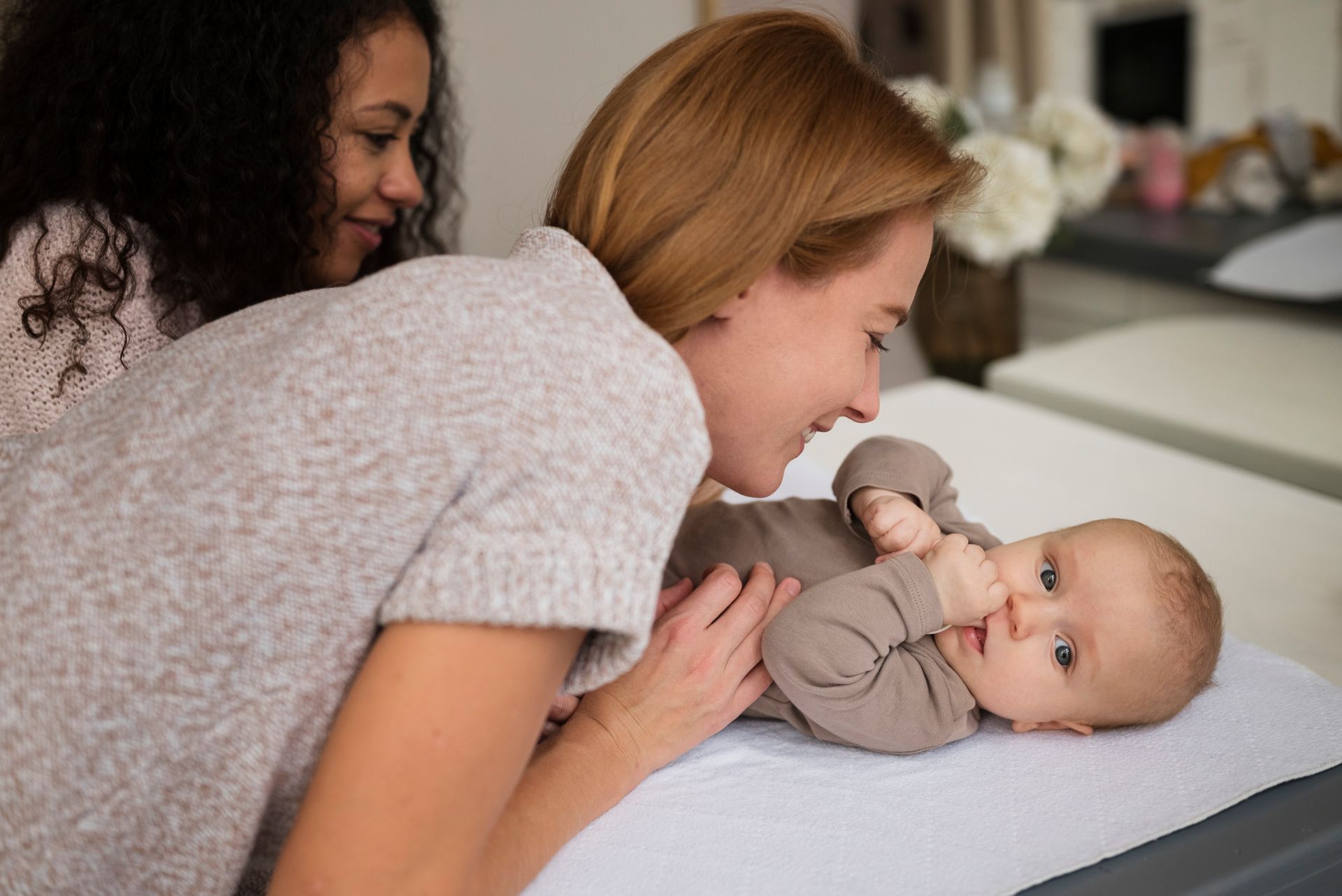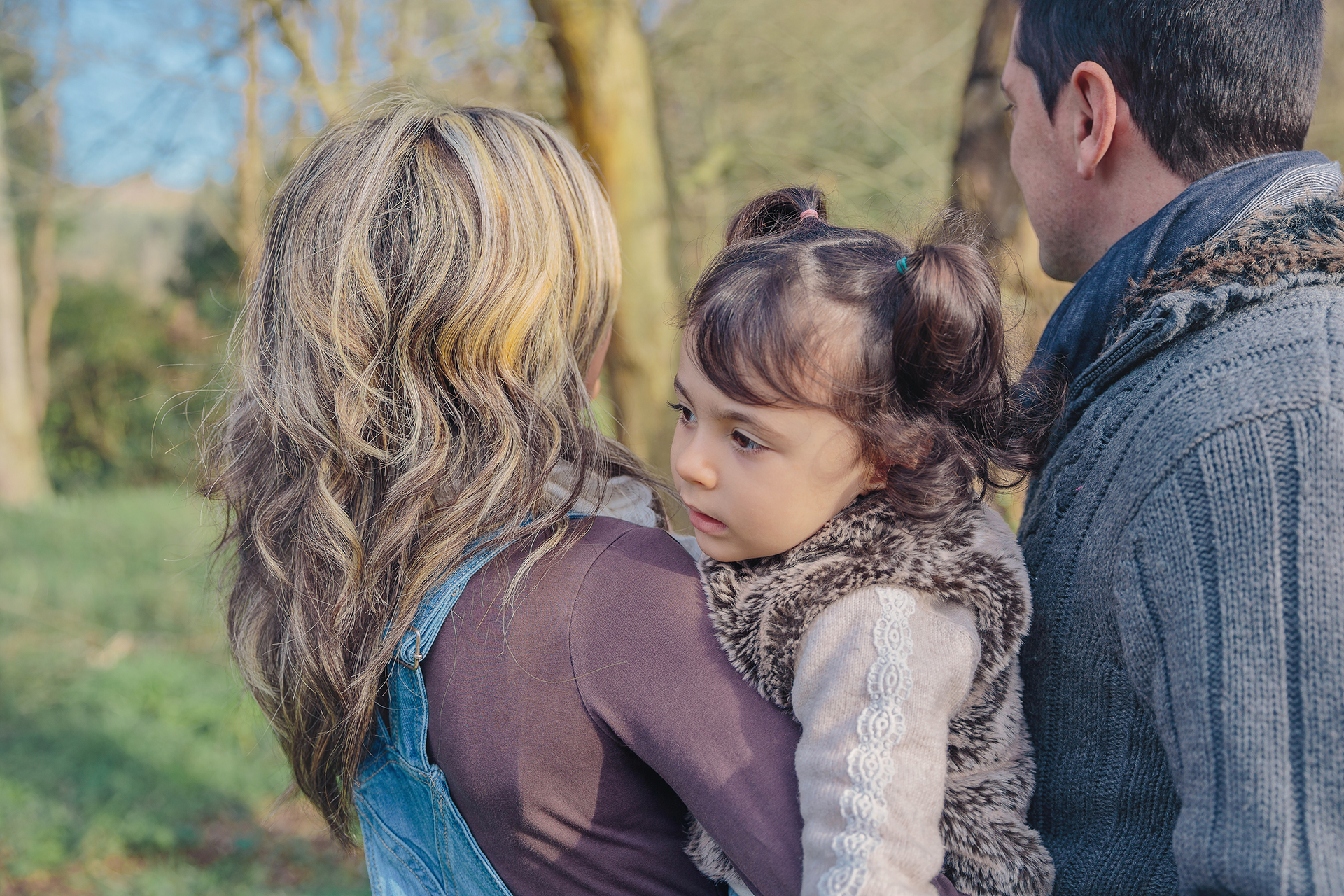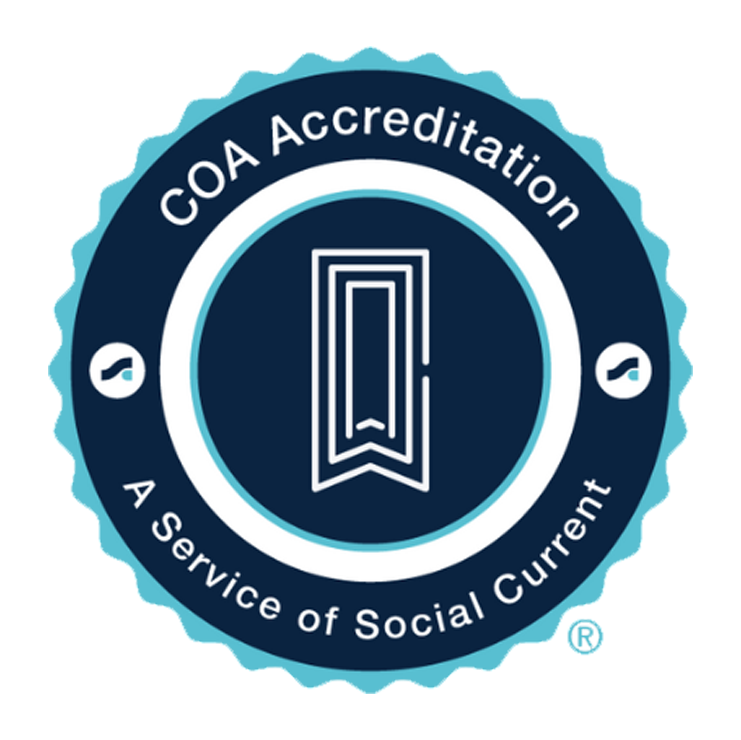Transitions can be overwhelming for children, especially when it means entering a new home, environment, or family structure. Whether your child is being adopted, placed in foster care, or returning to biological family, this shift often comes with a mix of emotions: fear, confusion, excitement, and grief.
This article offers practical insights and compassionate guidance on how to help children transition into a new home, addressing emotional needs, building trust, and creating stability during this sensitive time.
Understanding the Concern
Children may leave behind familiar surroundings, caregivers, routines, or even siblings. These changes can stir up feelings of loss, fear, or confusion. Even young children sense disruption and may respond with sleep issues, withdrawal, regression, or emotional outbursts.
Older children might express distress through anger or silence. These behaviors are not rejection - they're expressions of emotional overwhelm. Many caregivers also experience anxiety and worry during this time, wondering if they’re doing enough or connecting effectively.
The good news is that transitions can be made smoother with preparation, patience, and support.
Expert Insights & Facts
- Attachment takes time
It can take months or even years for trust to develop, especially in children with trauma histories.
- Routine provides safety
Predictable schedules help children feel more secure and reduce anxiety.
- Small details matter
Familiar items like a favorite blanket or snack can provide comfort.
- Behavior is communication
Resistance may mean the child is testing whether the new environment is safe.
Common myths:
Myth: “The younger the child, the easier the transition.”
Truth:
Even infants sense stress and require careful bonding.
Myth: “Love is enough.”
Truth:
Love is essential, but structure, trauma-informed care, and time are also needed.
Practical Guidance & Coping Strategies
1. Prepare the environment
- Decorate their room with familiar items
- Keep routines steady (meals, bedtime, etc.)
2. Talk about the transition
- Use storybooks or drawings
- Allow questions and validate emotions
3. Provide structure
- Stick to consistent schedules
- Introduce rules gently and kindly
4. Build connection
- Spend one-on-one time doing calming activities
- Offer choices to promote agency
5. Seek support
Hope & Healing
Though transitions can be difficult, they also offer an opportunity for growth and connection. Children often thrive when given consistency, empathy, and love. Parents and caregivers grow too developing patience, compassion, and deeper family bonds.
- CFK offers compassionate post-placement resources for both birth and adoptive families
- Counseling, support groups, and trauma-informed services can help ease the process
Moving Forward With Care and Confidence
Transitioning into a new home takes time and intention, but you don’t have to go through it alone. CFK is here to support your journey.
Call: (330) 928-0044
Contact our team at options@cfkadopt.org
for compassionate guidance at every step.
FAQs
How can I help my child adjust to a new home?
Focus on routine, patience, and connection. Use familiar items and consistent caregiving to provide security.
Is acting out normal during a transition?
Yes. Many children display challenging behaviors as they process grief, fear, or change.
How long does the adjustment period last?
Every child is different, but transitions may take weeks or months depending on age and background.
What if my child doesn’t want to bond with me?
This is common. Offer emotional availability without pressure. Bonding builds over time.
Can counseling help during transitions?
Can counseling help during transitions?
Helping Children Transition Into a New Home: Guidance for Birth and Adoptive Families
Recent Posts













